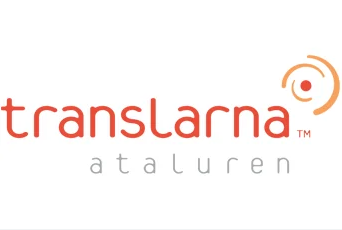Stakes ‘couldn’t be higher’ – PTC CEO on prospect of Translarna losing EU conditional authorisation
PTC Therapeutics’ Translarna, a critical treatment for boys with Duchenne muscular dystrophy (DMD) in the EU, faces an uncertain future following the recent recommendation from the European Medicines Agency (EMA)’s CHMP not to renew the conditional marketing authorisation.
Matthew Klein, CEO of PTC Therapeutics, expressed deep concerns about the potential impact of this decision on the Duchenne community.
Translarna, initially approved in the EU in 2014, has been the only approved drug specifically designed to treat DMD. Klein emphasised the urgency of the situation, stating:
“You have got boys who have no other therapy specifically targeting their genetic disease that have been approved, who have a disease that means over time they will lose the ability to walk.”
The CHMP’s recommendation, yet to be finalised, comes nearly a decade after Translarna’s initial approval. Klein stressed the significance of the drug, which, while not a cure, has demonstrated the ability to slow the progression of the disease. PTC Therapeutics has requested a re-examination of the CHMP’s opinion, with Klein anticipating the process to conclude by late January 2024.
During this re-examination, PTC plans to present compelling real-world data (RWD) collected through the STRIDE registry, encompassing 300 boys with an average treatment duration exceeding 5.5 years. Klein highlighted the importance of RWD in understanding the long-term benefits of Translarna, aiming to address concerns raised by the CHMP.
In the face of potential regulatory challenges, PTC remains hopeful about Translarna’s future, not only in the EU but also in the U.S. The company plans to engage with the FDA soon to discuss a path to resubmission.
For more information:



